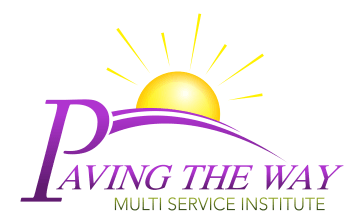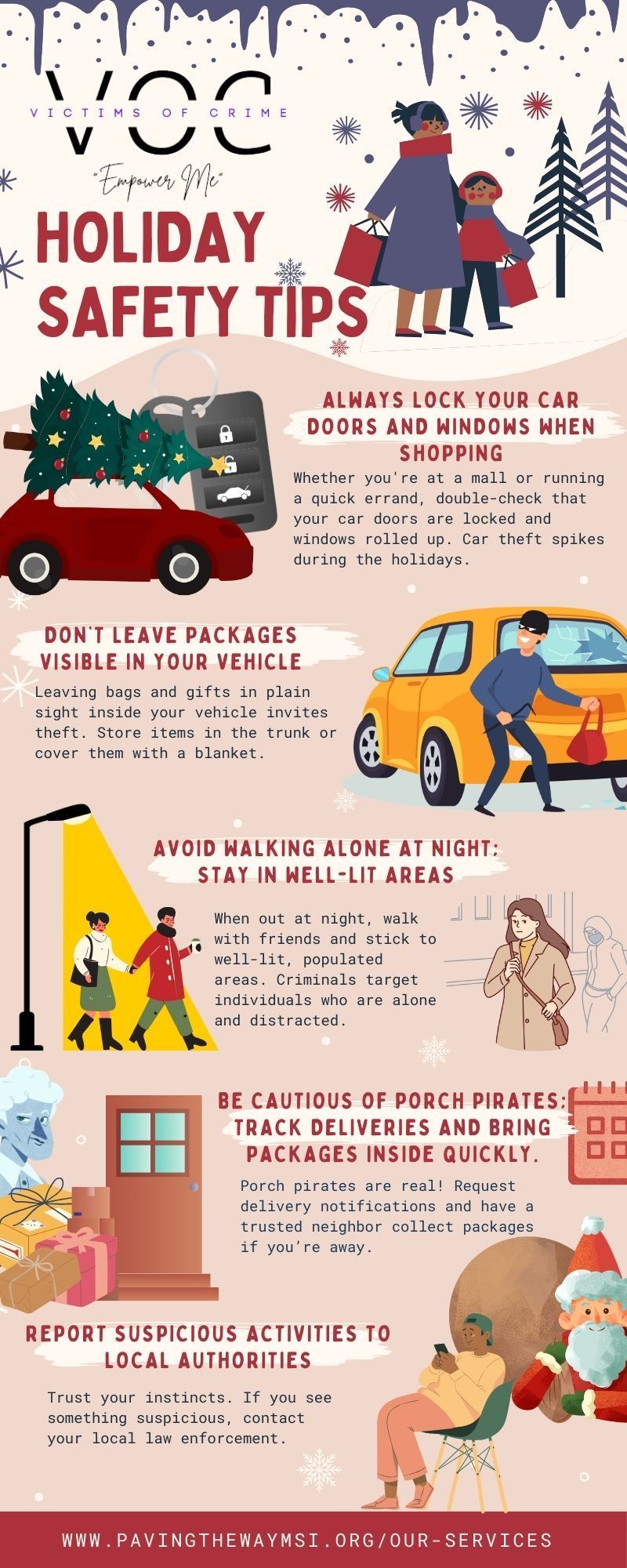RESOURCES
See some positive TIPS and HOW TO's below, or call us at 202 724 7666.
Our Blog...
Tips, Tricks, & How to's
👥 Our #HealingTogetherDC campaign shares stories of resilience from survivors, highlights our clinic's services, and showcases testimonials from those who have benefited. Together, we can overcome trauma and build a stronger, supportive community.
Share your story or refer a loved one in need to our clinic. Let's heal and thrive together! #CommunitySupport #MentalHealthMatters
Live Q&A Session with Therapists
Mark your calendars September 9-13th to engage in meaningful dialogue, ask questions, and destigmatize seeking help for mental health challenges.
Let's come together, support one another, and break the silence surrounding trauma. Together, we are stronger. #LiveQandA #BreakTheStigma #TheEmpowerMeProgram#VictimsOfCrime #PavingtheWayMSI#MentalHealthAwareness
These posts aim to engage the audience, provide valuable resources, and foster a supportive community around trauma recovery and mental health awareness.
As always, provide feedback.
LIVE NIMH & 988 NEWS FEED BELOW
WE OFFER ONLINE THERAPEUTIC SERVICES!
Paving The Way MSI now provides online Behavioral Healthcare Telehealth Services. This is an online video counseling service that makes it easy and convenient to meet with your provider. This service is available through AmeriHealth and is HIPAA compliant for guaranteed protection of your privacy.

